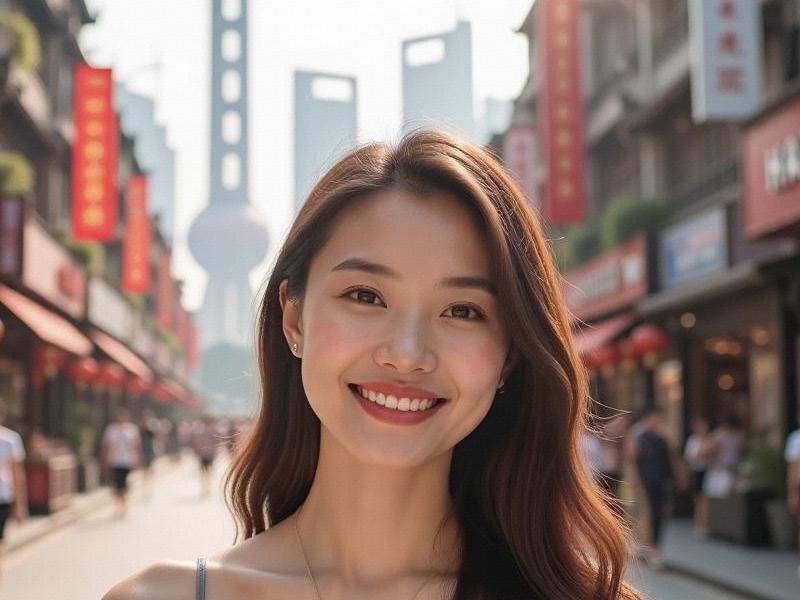
Section 1: The Architectural Laboratory
1.1 Historical Layer Cake
- Preservation of shikumen (stone-gate) neighborhoods with modern interventions
- Adaptive reuse of colonial-era factories (West Bund art district case study)
- Controversial demolition/rebuild projects along Suzhou Creek
1.2 Futuristic Skyline
- Next-generation supertall buildings with environmental features
- Underground space utilization innovations
- Drone-friendly architectural modifications
Section 2: The Street as Gallery
2.1 Public Art Revolution
- Government-sponsored mural programs (1,200+ installations since 2020)
上海神女论坛 - Augmented reality art trails in former industrial zones
- Controversies around censorship and artistic expression
2.2 Community-Created Spaces
- Resident-led alleyway revitalization projects
- Pop-up art markets in unexpected locations
- Neighborhood memory preservation initiatives
Section 3: Cultural Infrastructure
3.1 New Landmark Institutions
- Shanghai Planetarium's architectural symbolism
- Pudong Art Museum's floating gallery concept
- Library of the Future's digital-physical hybrid design
上海龙凤论坛419 3.2 Heritage Reinterpretation
- Traditional garden elements in contemporary spaces
- Modern tea houses blending past and present
- Digital preservation of vanishing crafts
Section 4: The Smart City Dimension
4.1 Technology Integration
- Interactive building facades responding to weather/air quality
- AI-assisted maintenance of historical structures
- Digital twins for urban planning simulations
4.2 Citizen Participation
- Crowdsourced design platforms
- VR tools for public consultation
上海龙凤419社区 - Gamified neighborhood improvement apps
Section 5: Challenges and Tensions
5.1 Gentrification Pressures
- Displacement risks in regenerated areas
- Authenticity vs commercialization debates
- Balancing tourist appeal with local needs
5.2 Sustainability Questions
- Energy consumption of high-tech buildings
- Material lifecycle concerns
- Climate adaptation requirements
Conclusion: The Shanghai Model
Shanghai's urban transformation demonstrates how cities can simultaneously honor their past while inventing the future, offering a template for 21st century urbanism that values both technological progress and human-scale experiences.
